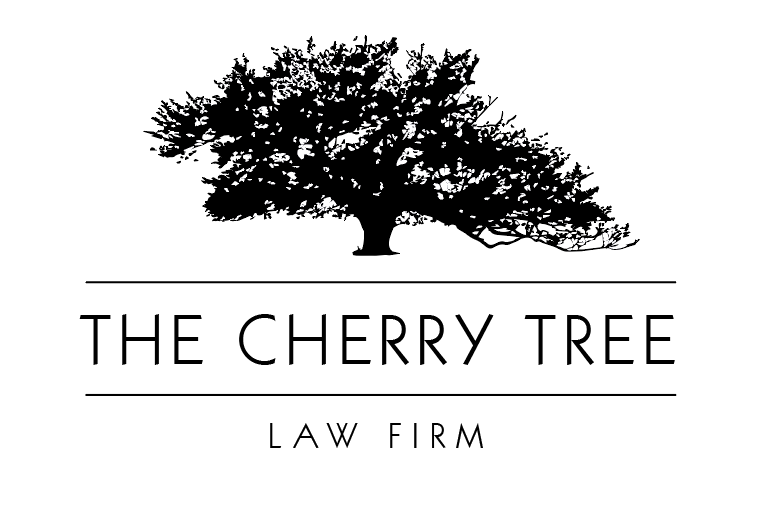In Oregon, every adult is assumed to be capable of making their own decisions unless a court determines that the individual is incompetent. If an adult is incapable of making responsible decisions due to a mental disability, the court may be asked to appoint a substitute decision maker called a “guardian.” Guardianship is a legal relationship between a competent adult (the “guardian”) and a person who because of incapacity is not able to take care of his/her own affairs (the “protected person”).
If you are a parent who has a child with special needs, it is important to know your options when it comes to managing the medical and financial well-being of your child. Once your child turns 18, your legal relationship with her changes, because suddenly, it is presumed that your child has the ability to make decisions on her own, regardless of her abilities. At this point, one option worth exploring is becoming your child’s legal guardian, so that you can continue to make the important medical and financial decisions on behalf of your child. The following is a basic explanation of what an Oregon guardianships.
The Guardianship Process
The guardian can be authorized to make legal, financial, and health care decisions. Note, if the protected person has assets in excess of $11,000, a “conservator” may need to be appointed to manage finances. Some incapacitated individuals can make responsible decisions in some areas of their lives but not others. In such cases, the court may give the guardian decision-making power over only those areas in which the incapacitated person is unable to make responsible decisions (a “limited guardianship”). In other words, the guardian may exercise only those rights that have been removed from the protected person and delegated to the guardian.
A guardian can be any competent adult — the spouse, another family member, a friend, a neighbor, or a professional guardian. A competent individual may nominate a proposed guardian through a durable power of attorney in case she ever needs a guardian. If two individuals wish to share guardianship duties, courts can name co-guardians.
In Oregon, any interested party can initiate a request for guardianship. Proper notice of the proceeding must be given to the potential protected person, who then has the opportunity to object in which case a hearing will be held in court. An attorney is usually retained to file a petition for appointment and facilitate the process. The attorney assists the guardians in choosing the appropriate form of the protected proceeding, understanding the legal duties involved and implementing the guardianship successfully.


